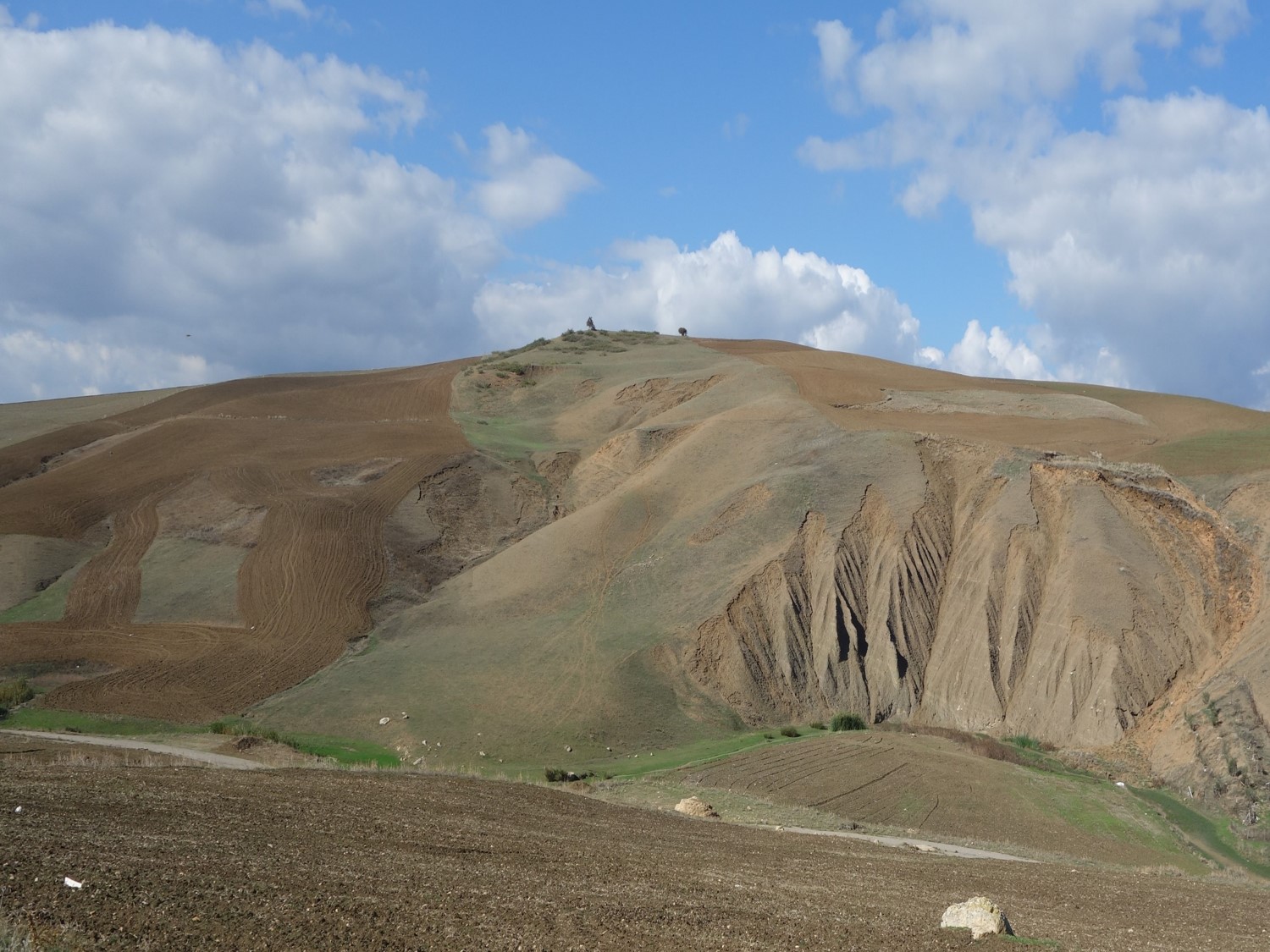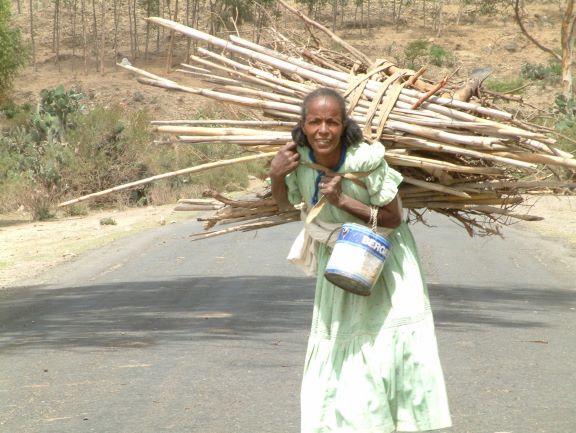Interrelated Challenges
Climate change, landscape degradation, sustainable supply of food, water and energy…
Unsustainable land-use practices directly impact the health of our landscapes and freshwater resources. Such as the lack of trees and soil cover. Combined with other threats to freshwater availability such as economic expansion and poor (waste-) water management.
Climate change is an additional challenge, as mitigation and adaptation are becoming a greater concern. Affecting our comfort, land productivity and commercial viability. The reliability of rains and water supply is already increasing the severity of drought events. Climate change is closely linked to our land-use practices. Hence, farm and landscape designers need to consider both, the potential impacts from climate change and the promotion of practices that positively affect the climate.

People in developing countries are already suffering the consequences of watershed and landscape degradation. It has led to chronic crises, including natural hazards, malnutrition, gender-based inequalities and unsustainable livelihoods.
Our human and ecosystemic challenges include:

The UN Decade on Ecosystem Restoration 2021–2030 was declared by the United Nations General Assembly in March 2019. This will hopefully accelerate action and further mobilize resources to massively scale up restoration, build climate-resilience and improve livelihoods.
Edhen contributes to the UN Decade on Ecosystem Restoration, through climate-resilient farm design & regenerative agroforestry projects.

It is imperative to view the challenges in the broader frame and in a systemic way (Water-Food-Energy-Ecosystems nexus). The key elements are access to food, water, energy and ecosystem services. These four elements are naturally linked and form the basis for our well-being. The next chapters will describe some promising ways towards sustainable development, and how Edhen can help.
Agriculture at a Crossroads – Business as Usual is Not an Option IAASTD Report: International Assessment of Agricultural Knowledge, Science and Technology for Development (2008)
Transformation of our food systems – the making of a paradigm shift What has been achieved since the IAASTD report? (2020)
Ending hunger: science must stop neglecting smallholder farmers Editorial article, Nature 586, 336 (2020)
Agroecological practices supporting food production and reducing food insecurity in developing countries European Commission JCR technical report (2020)